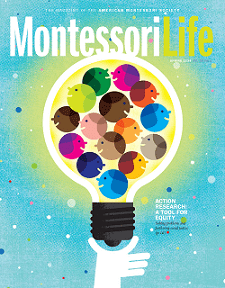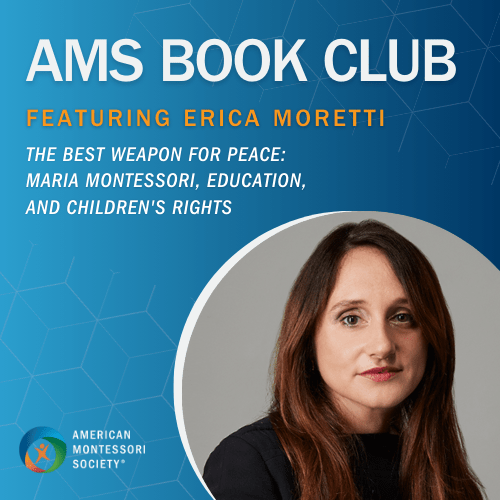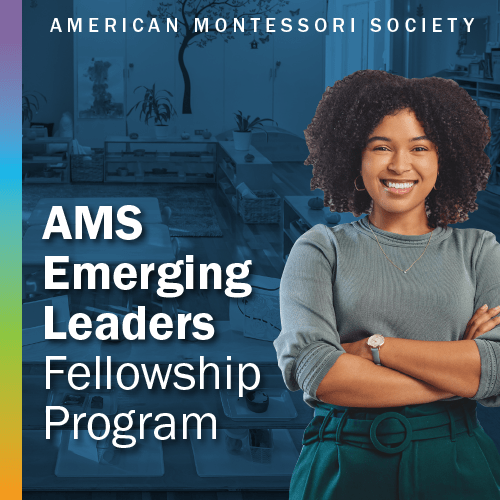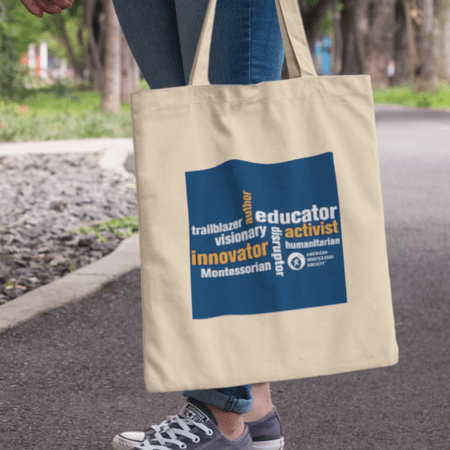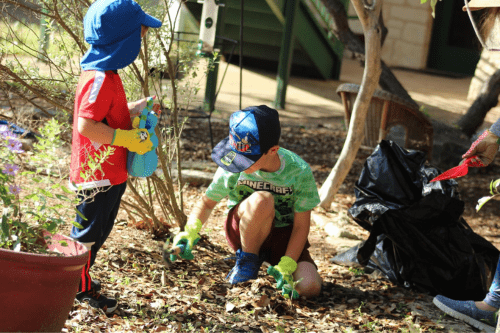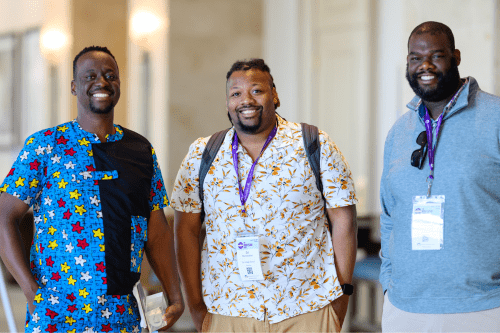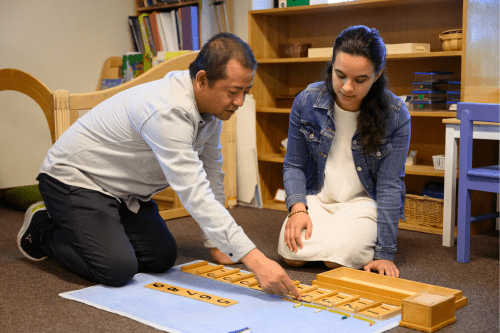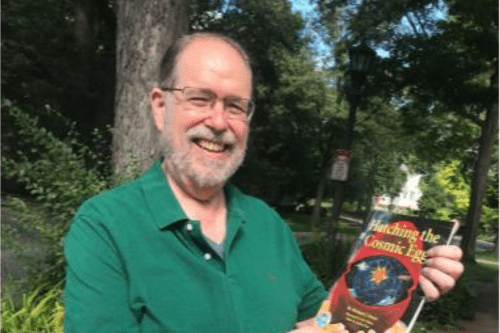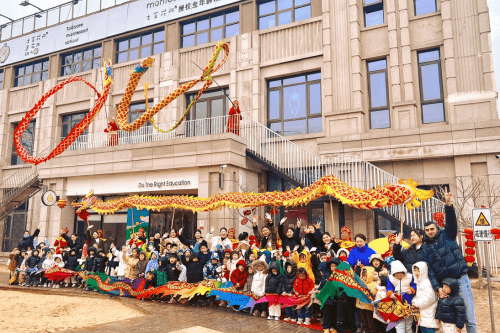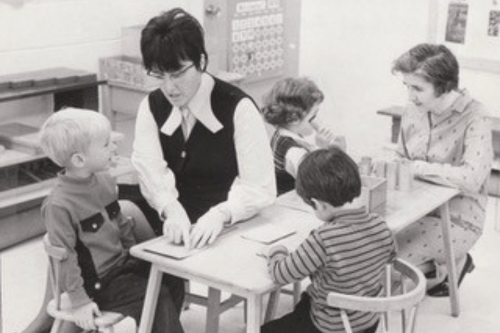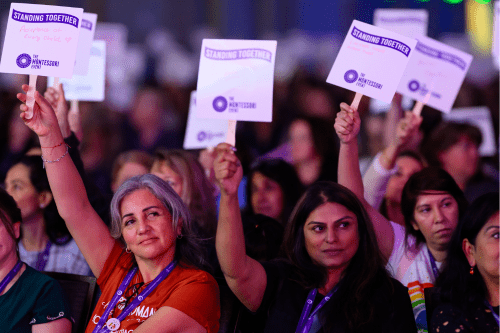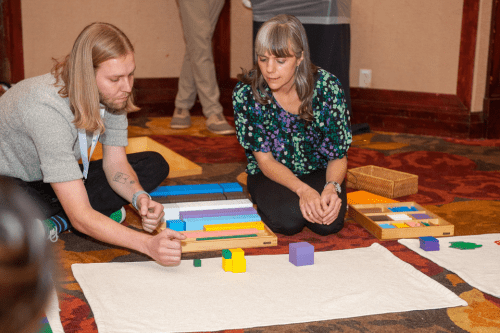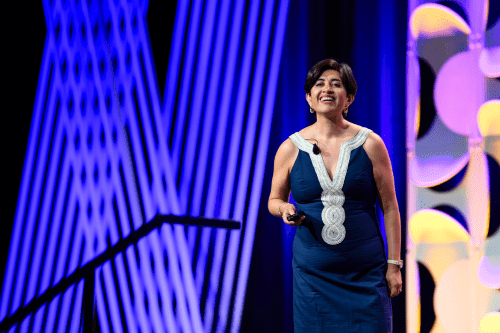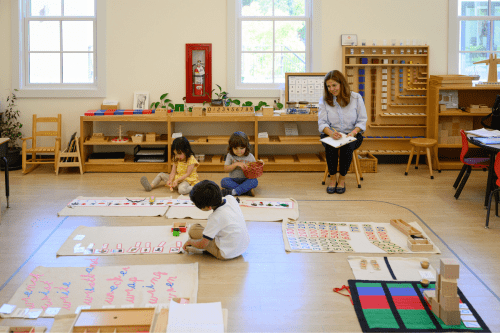Born Inside: Montessori Gives Hope to Children Living Their First Years of Life in Mexico’s Prisons
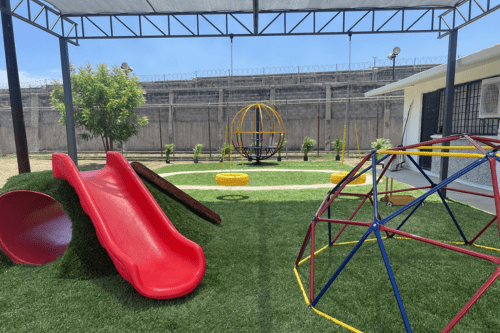
As of 2018, Reinserta, a Mexican NGO, calculated that there were between 300 to 600 children under the age of six in Mexico’s federal and state prisons. In Mexico, by law, children born in prison can stay with their mothers until the age of three. The idea is that keeping infants and toddlers with their mothers is the most humane option.
Origami Vida Interna, a civil society organization that supports individuals within the prison in Mazatlán, Sinaloa who have been deprived of their liberty, is dedicated to providing practical experiences promoting rehabilitation through activities such as cooking and carpentry. Two years ago, they invited Montessori Mexico to partner with them on a new initiative in the women’s section of the prison that grew out of this initial work.
Montessori Mexico joined forces with Origami Vida Interna and Baby CO to help bring Montessori philosophy and pedagogy to infants and toddlers living in this prison. An outside person with relevant educational experience and a mother inside the prison with meaningful lived experiences were hired to lead the program. With the support of trainer Alejandra Rosas from the Stoppani Training Center and Eder Cuevas, director of Montessori Mexico, these two future guides received sponsored enrollment in the Montessori assistant course for the age of zero to three years.
Paulina Carrillo, director of Colegio Montessori de Mazatlán, and her staff also joined the program, visiting the guides and the mothers to provide advice and training.
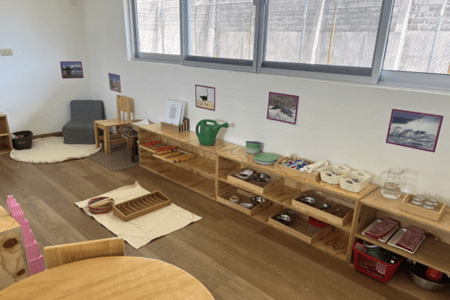
Montessori Mexico and the other founding organizations have also worked hard to ensure that they are offering guidance and support for the mothers as well. They recognize that just like a school setting, it is important to foster a sense of community. They understand it may be challenging for the mothers to relinquish some of their control, accepting the idea of leaving their child in an unknown environment and in the care of someone other than themselves for three hours each day—especially when they know their time with them is limited. Mothers are involved in the Montessori environment and also receive support in working on their inner selves so that they can begin to change their mindset. Judith Espinosa and Eder Cuevas (2023) note that this change of mindset “ensures that the work with the children happens not only within the environment, but in all aspects and with all the people that surround them.” As they say, it is this type of change that “permeates the very social fabric of the prison that, looking towards the future, allows children to have the tools to succeed once their time to leave prison arrives, and that allows mothers to have the tools to accompany them on their life journey.”
According to Espinosa and Cuevas (2023), “Where before there was a place where mothers raised their children by themselves, now a nurturing community has been created. A community for children, a community for mothers, and a ray of hope for all witnessing the project, always keeping the development and hearts of people at its core.”
Future Projects
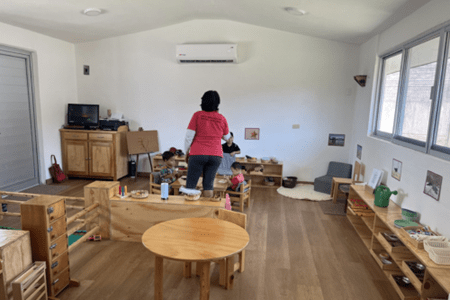
In July, they started a Montessori training program for five Persons Private of Liberty (PPL) from Chihuahua who will accompany children who live inside the prison on a daily basis. They plan to continue working with the government and Montessori de Chihuahua school to create a Montessori classroom inside the Chihuahua prison for six children ages three months to one and half years that is set to open on August 29, 2023.
Other future plans involve working with migrants and refugees in Mexico to extend the Montessori network of support.
Espinosa and Cuevas affirm that this is just the beginning of a new way to support life in difficult situations, for Montessori is not just a pedagogy, but a way of life. As the team moves forward in their initiatives, they continue to learn an incredible number of important lessons; the most important coming from Maria Montessori (2019) herself, who once said, “The child is both a hope and a promise for mankind.”
References
Eder Cuevas (executive director of Montessori Mexico) in email discussion with the author, August 2023.
Montessori, Maria. 2019. Education and Peace. Netherlands: Montessori-Pierson Publishing Company.
About the Author
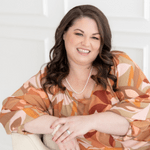
|
Heather White, EdS, is a Montessori coach and consultant, content creator, and educator for adult learners, as well as a moderator and manager for the Montessori at Home (0 – 3 years) Facebook group. Formerly, she was a Montessori teacher, in-home caregiver, Lower Elementary coordinator, and associate head of school. She also has experience as a school psychologist intern. She is AMS-credentialed (Early Childhood, Elementary I) and is a Nationally Certified School Psychologist (NCSP). Contact her at hpratt@stetson.edu. |
Interested in writing a guest post for our blog? Let us know!
The opinions expressed in Montessori Life are those of the authors and do not necessarily represent the position of AMS.



